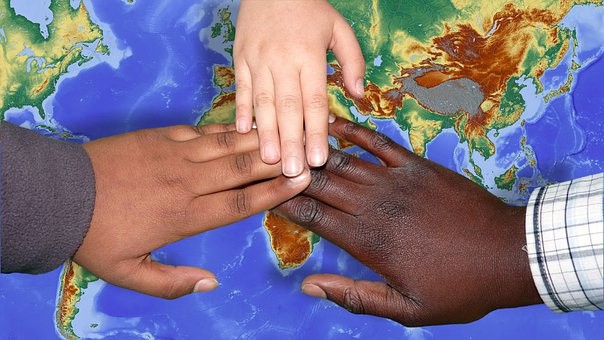Trump's Immigration Policy Denies Entry of Low-Income Foreign Applicants

This month, U.S. President Donald Trump signed the new immigration policy that will prevent low-income applicants from acquiring green cards. In a report published in Reuters, experts believed that Trump's immigration policy could cut legal immigration in half by denying their application for visas and permanent residency to thousands of foreign applicants due to their economic status.
In the immigration policy signed by Trump, immigrants who cannot afford health insurance and cannot pay medical care will not be allowed to move permanently in U.S. This policy puts the dream of Stephen Miller, President Trump's adviser, into a reality. Meanwhile, immigrants who cannot meet the standard set by the policy will be rejected if they also receive public assistance such as food stamps, welfare, Medicaid, and public housing.
According to Julia Gelatt, a senior policy analyst at the Migration Policy Institute, Trump's immigration policy would affect 375,000 immigrants annually. On the other hand, Charles Wheeler of the Catholic Legal Immigration Network Inc. said that the Trump administration is trying to bypass Congress and implement its own merit-based system that will not allow low-income people to migrate in America.
Meanwhile, the acting director of U.S. Citizenship and Immigration Services said that the law has always required foreign nationals to rely on their own resources but the term public charge was never clearly defined and the policy gives it now its clear definition.
According to Vox, an immigrant will have to prove to a consular officer that they will get health insurance within 30 days upon their arrival in U.S, or else they must demonstrate that they can pay their medical expenses in order to apply for a green card. Otherwise, they will not be allowed to stay permanently in the U.S.
However, there are some exemptions in this policy: immigrants who already have a valid visa, children of American citizens, permanent residents who have been outside the U.S. for more than one year, and recipient of special immigrants who have aided by the U.S. government for Afghas and Iraqis, will be exempted
Despite this exemptions, President Trump's travel ban blocking the citizens coming from Iran, Libya, North Korea, Yemen, Somalia, Venezuela and Syria from entering U.S. is still in effect.
President Trump has slowed down the application for legal immigration and has doubled the waiting period of green card applicants, citizenship, employment visas and other benefits in 2018. In addition to that, he also slashed the refugee admission cap from 110,000 to 18,000 in the same year, a historic low for the country.
Stephen Miller has been the architect of this administrative changes by keeping out all but allows the welthiest immigrants to legally migrate. Miller told the Washington Post that the purpose of Trump's immigration policy is to create a system that enhances unity, togetherness, and strength of the society.
Meanwhile, Jared Kushner, son-in-law and senior advisor of President Trump, is now making an immigration reform plan that would prioritize immigrants with higher levels of education, English language skills, and those with job offers from U.S.
With the immigration policy signed by President Trump, advocates of the Supreme Court are expected to raise legal challenges. However, the Supreme Court has already recognized the power of the President and the rationale of the administration behind Trump's immigration policy.
Read more: Trump quietly cut legal immigration by up to 65%, New Trump rule targets poor and could cut legal immigration in half, advocates say and Did Trump Just Drastically Cut Legal Immigration?
Subscribe to Latin Post!
Sign up for our free newsletter for the Latest coverage!
© 2026 Latin Post. All rights reserved. Do not reproduce without permission.













